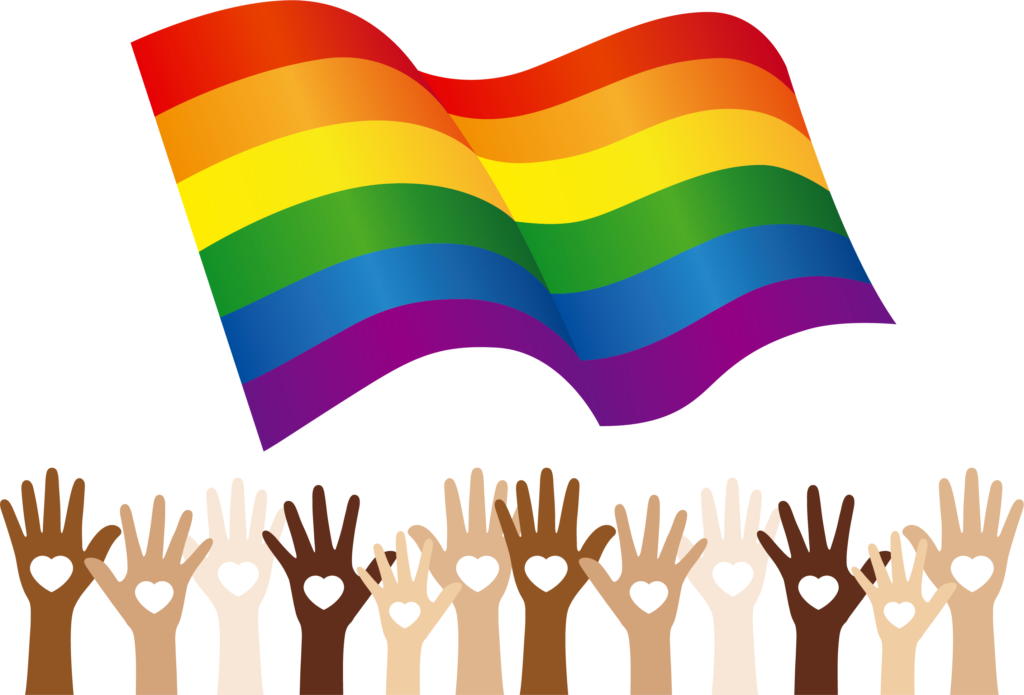As those impacted by Hurricane Harvey began cleanup, Hurricane Irma made a path for Florida, and wildfires burned out of control in the western states, I was traveling by car from New Orleans to Jackson, Mississippi, with my friend Wallace. These horrendously devastating events reminded us of Hurricane Katrina, which swept through Louisiana just 15 years ago. Wallace lived on the Gulf Coast then. He remembers that at 2 AM that morning, he got up to check the weather report and decided that he and his wife should move inland. They packed a few things as though going away for the weekend. He brought some important papers and his computer, as he normally does much of his work on the road. They did not know that when Katrina hit, it would kill 183 of their neighbors and totally obliterate their home and their neighborhood.
I asked Wallace what the aftermath was like for him and what helped him get through it? He stated when he could return to the area, immediate survival was the priority: where do we have access to water, to food, to shelter? He went from a comfortable life as a middle-aged professional to being suddenly homeless. Everything other than the few belongings they had loaded in the car was gone. It took a while, he said, to fully comprehend that he had no home. Fortunately, his business was not brick-and-mortar so he could continue working. But what about the rest of his life?
He then told me about some lessons he learned from working at the VA with POWs from World War II and Korea. As he talked with them, he asked how they survived in prison camps under horrific conditions, when so many others had died? Universally they told him that three pillars supported their survival: one was their spiritual faith; the second was their faith in their families who loved them; the third was their faith that their country would not give up until they were free. They stated that when one of those pillars began to fail their comrades, they began to die.
I asked Wallace if he thought some variation of those pillars would sustain victims of a disaster? He thought they certainly could help. In the beginning, he said, it’s all about survival at the very basic needs level. Next, disaster victims will begin a journey towards a different life than they had before. A new normal. Could those victims be sustained by the three pillars: spiritual faith, love and support from friends and family, and trust in their country to provide help? It’s certainly food for thought as we watch our fellow countrymen recover from nature’s latest bout of devastation.







